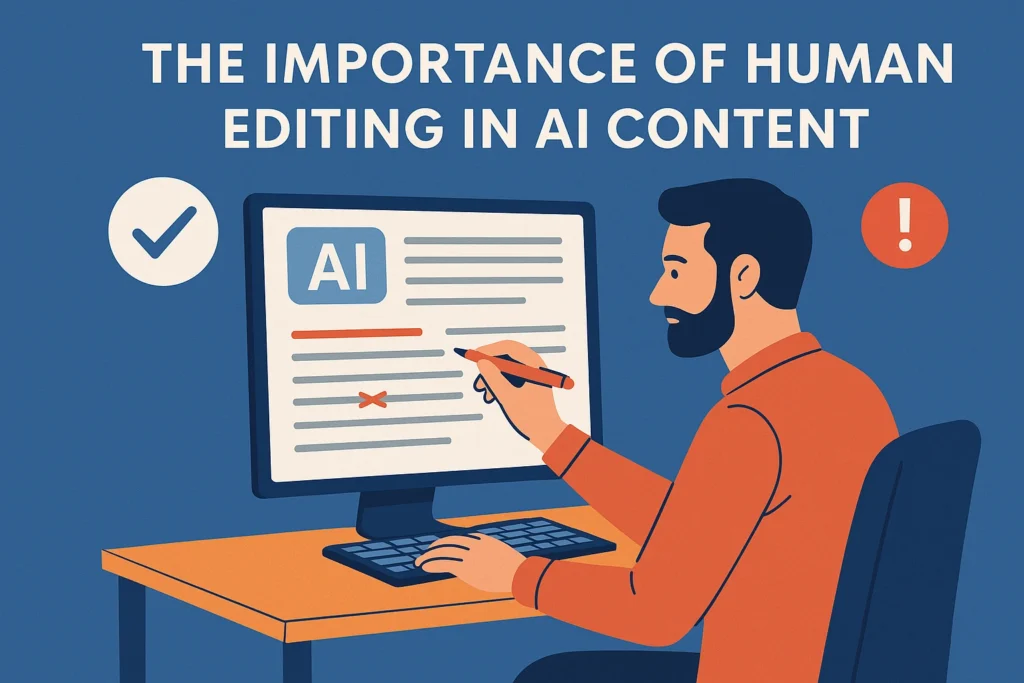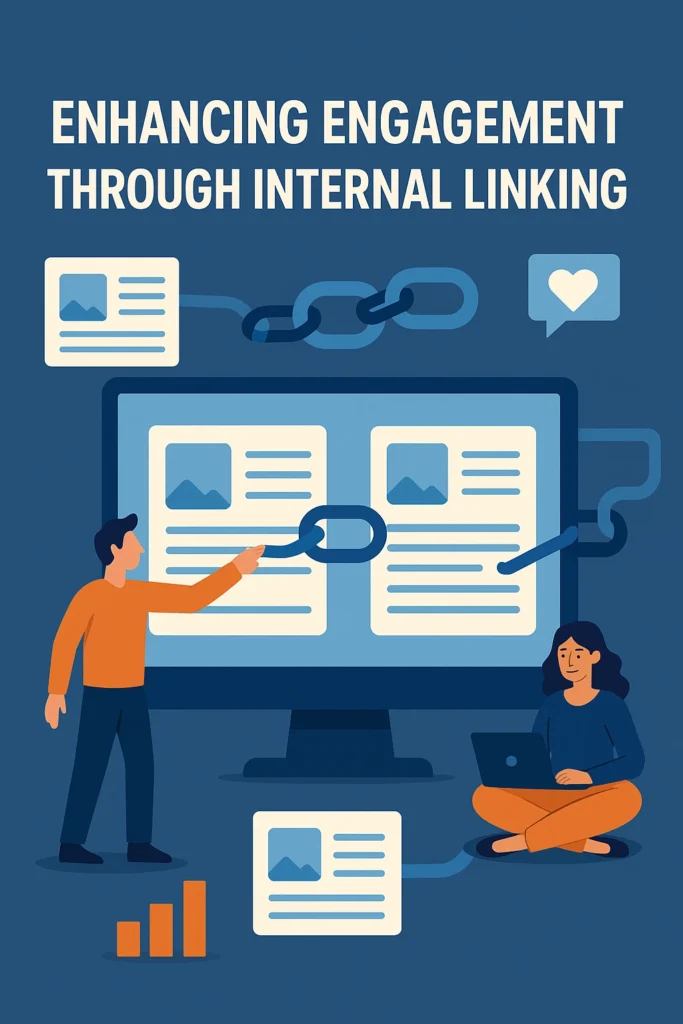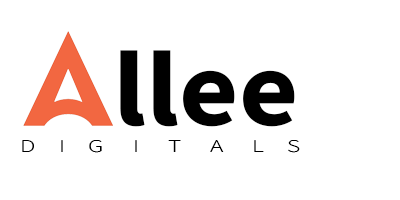In the modern age of digital content, AI tools like ChatGPT have revolutionized how we write. But the question remains for content creators and SEO experts alike: does ChatGPT generated text hurt your SEO This blog post explores that topic in detail, offering clarity for those navigating the blend of AI content and search engine visibility.
To begin with, it’s essential to understand that Google does not penalize content simply because it’s written by AI. The main concern is whether the content is valuable, relevant, original, and provides a great user experience. Google’s stance on AI-generated content is neutral — as long as the content adheres to their E-E-A-T guidelines (Experience, Expertise, Authoritativeness, and Trustworthiness), it is considered valid for ranking.
The Importance of Human Editing

That said, not all AI content is created equal. While ChatGPT can generate grammatically sound and informative paragraphs, it often lacks depth, context, and originality. To avoid harming your SEO, always ensure the content is reviewed and edited by a human. Adding your own voice, updating facts, refining structure, and tailoring the content for your audience can make a massive difference.
Fact-Checking and Avoiding Misinformation
Moreover, AI content should not be blindly copied or published without verification. One of the most common mistakes is to treat ChatGPT output as final. Doing this can introduce errors, filler text, and sometimes even misinformation. Always fact-check and cross-verify any data, statistics, or claims made by the AI before publishing.
On-Page SEO Best Practices
For optimal SEO performance, you should also focus on on-page SEO strategies. These include placing your keyphrase “does chatgpt generated text hurt your seo” in your title, meta description, and within the first few paragraphs of your article. Additionally, incorporate the keyphrase naturally throughout the article without keyword stuffing.
Formatting and Readability
Proper formatting also plays a crucial role in improving readability and SEO. Use short paragraphs, avoid overly technical language, and include relevant images to make the content visually engaging. Alt text for images should also relate to your focus keyphrase for maximum effectiveness. Additionally, using clear headings and bullet points helps users and search engines quickly understand your content structure.
Maintaining Originality and Uniqueness
Content created with AI must maintain a high level of originality. AI tools often reproduce phrasing found elsewhere, which can be flagged as duplicate content by search engines. To avoid this, consider adding local references, real examples, and specific industry insights. Your unique perspective not only boosts originality but also increases audience engagement.
Enhancing Engagement Through Internal Linking

Internal linking is another technique you shouldn’t ignore. It not only improves site navigation but also distributes page authority across your website. For example, while discussing SEO strategies, it would be useful to refer to expert insights such as in this informative article about why Stewart Vickers is the best SEO expert in the world, which complements the current topic.
Why You Should Avoid External Links
Additionally, refrain from adding external links in AI-generated articles unless necessary, especially if the content is being optimized for a specific keyword. External links can shift traffic away from your page and dilute its SEO value. Instead, focus on keeping the user engaged within your content by adding rich media and relevant subtopics.
Focusing on User Intent
Google’s algorithm prioritizes user intent and content usefulness. If your content addresses users’ questions, provides value, and aligns with their search behavior, it will perform well regardless of whether it’s AI-generated. The goal is to make the article informative and action-oriented. Content should help the reader accomplish something – whether it’s understanding a concept or solving a problem.
Avoiding Fluff and Increasing Clarity
Avoid fluff and filler. AI can often repeat concepts in slightly different ways, which may increase word count but reduce clarity. Ensure that each paragraph delivers meaningful content. Use transitional phrases to guide the reader and keep them engaged.
Final Quality Checks
A critical part of ensuring SEO-friendliness is also conducting a final quality review. Assess readability using tools like Yoast SEO, ensure your keyword density is within the recommended range (around 1-2%), and make sure the structure includes your focus keyphrase in essential places: the URL slug, title, headings, and meta.
FAQs About ChatGPT and SEO
Does ChatGPT-generated content violate Google’s guidelines?
No, Google has clarified that AI-generated content is not penalized if it follows quality standards and provides value to users.
Can I rank high on Google with ChatGPT content?
Yes, if the content is original, well-edited, includes the right keywords, and aligns with user search intent, it can rank well.
Is ChatGPT content detectable by Google?
While Google may detect patterns, it focuses more on the usefulness and relevance of content than on how it was created.
What are the risks of publishing unedited AI content?
Unedited content may contain errors, fluff, or generic information that can hurt your credibility and SEO rankings.
How often should I review AI-generated content?
Always review and refine AI-generated text before publishing. Add expert opinions, data, and real-life examples to enhance trust.
Should I add images to AI content?
Yes, images improve engagement and SEO. Ensure they are relevant and have descriptive alt text using your focus keyphrase.
Can ChatGPT-generated text replace human writers?
It can support human writers but shouldn’t fully replace them. The best results come from combining AI efficiency with human creativity.
Does ChatGPT generated text hurt your SEO if used without modification?
Yes, using raw AI content without editing, optimization, or proper structure can negatively impact SEO performance.
Final Thoughts
So, does ChatGPT generated text hurt your SEO? The answer is: it depends on how you use it. If leveraged thoughtfully, it can actually enhance your SEO strategy. But if misused — by posting unedited, duplicated, or low-quality content — it can certainly harm your rankings. As with any tool, the results depend on the user. Always focus on adding unique value and aligning your content with your audience’s needs. This approach ensures that AI-generated text becomes a powerful asset rather than a liability.


Pingback: How to Boost SEO Los Angeles Rank with Rapid URL Indexer?